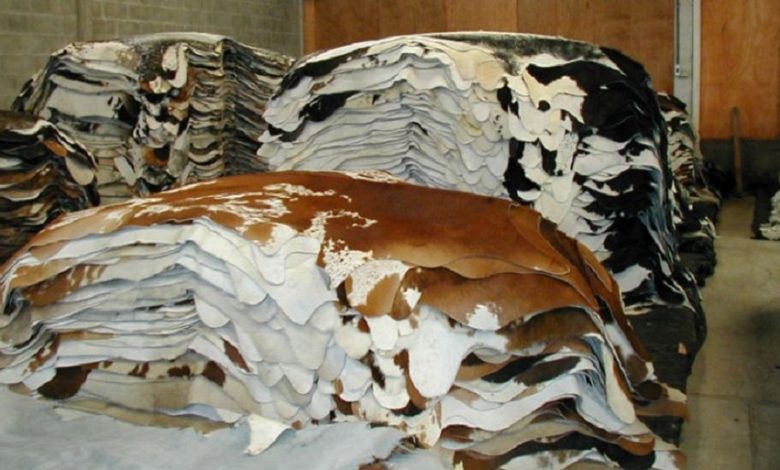Smuggling of raw hides by influential people

Sudan Events_Nahed Oshi
The Secretary-General of the Chamber of Leather Exporters, Muhammad Ali Hassan, revealed that more than 40 vehicles loaded with 600 tons of raw hides, equivalent to $600,000, moved from the regions of Sennar, Kosti, and Al-Obeid by two influential people (whom he did not name) towards the Sudanese border from the west, without paying any fees or customs, and without any questions. He said that this confirms the existence of plans to destroy the Sudanese economy by opening border crossings and smuggling strategic products across the border. He added that what the vehicles carry came out of the state treasury across the border without an exported return, which is one of the problems that will be an obstacle for exporters in light of its permissibility. In his speech to Al-Ahdath, Muhammad Ali criticized the Minister of Finance’s decision to raise raw export duties from 15% to 25%. “We did not receive any notification in the room about the increase in customs, but rather we were surprised by the increase in the customs dollar.” He stated. “If hides are exported for free, the exporter becomes a loss, especially since hides have prices.” He continued. “It is known internationally, and any increase imposed on the sector means its destruction, and the sector cannot bear the imposition of high fees, and the raw materials represent 50% of the value of the chemicals, and 50% is equivalent to 3 dollars per dozen, and with the addition of salt, the fees reach 12 dollars, and the prices set by the government range from 12 to 10 dollars, and they are useless.” He added.
Smuggling paths:
Muhammad said that the decision opened the door to smuggling and this is not the time to increase fees for exporting raw materials, and Sudanese hides is not the best in the world, but rather like Kenya, Uganda, Chad and all African countries. He described the decision as unfair and raw as a funeral.
Muhammad said that it is not reasonable to cover the funeral and burial with high fees. He said that the accumulation of raw materials creates environmental problems in the country. The states and their banks are very high in light of the rise in salt prices from Port Sudan from 3,000 to 8,000 pounds, in addition to workers’ expenses, and the impact of the leather sector on the war. He said that the second stage after the war is the destruction of the economy, and leather is a strategic commodity.
Manufacturers discontinued:
He revealed that many manufacturers stopped working due to arbitrary decisions, and that about 90% of the tanneries in Khartoum are closed.
He praised the response of the Ministry of Trade by opening exports of raw materials, which was the only solution because the hides cannot withstand accumulation or storage in large quantities, especially since the slaughter is in large quantities, especially in the densely populated states of Atbara, Shendi, Kassala, Port Sudan, the North, Sennar, and all the states to which people were displaced from Khartoum and the Gezira.



